Windows 10 Mobile Insider Preview Build 10512 arrives on the Fast ring
Yesterday Microsoft’s Gabriel Aul teased a new Windows 10 Mobile Insider Preview Build was on the horizon, and today it arrives to those Insiders on the Fast ring.
Microsoft has been rather preoccupied with the PC and tablet version of its new OS over the past couple of weeks (understandably) but now it’s back to business as usual on the development of the Mobile edition.

Microsoft releases new cumulative update for Windows 10
Windows 10 is a stable OS, but it does have a few problems and glitches still in need of ironing out. New Insider Previews are set to begin arriving shortly, but in the meantime Microsoft is pushing out updates which are designed to improve the functionality of Windows 10 and resolve various vulnerabilities.
Last week the software giant released the first servicing rollup for Windows 10 which fixed several issues (but also introduced new ones for some unfortunate users), and today it releases a new cumulative update.

How to delay and/or block automatic software updates in Windows 10
As you’ll know, Microsoft has made updates mandatory in Windows 10. When updates are pushed out, the new operating system installs them automatically. Whether you want it to or not. This should be a benefit, as it means no more unpatched PCs at risk from serious vulnerabilities, but if the software giant rolls out an update that causes problems for users -- as has already been the case in several instances -- there’s no easy way to avoid it.
Windows 10 Pro users can defer updates, but Home users don’t have that luxury. Thankfully if you need to delay or block software updates in Windows 10, there are several ways to do so, regardless of which version of the OS you're running.
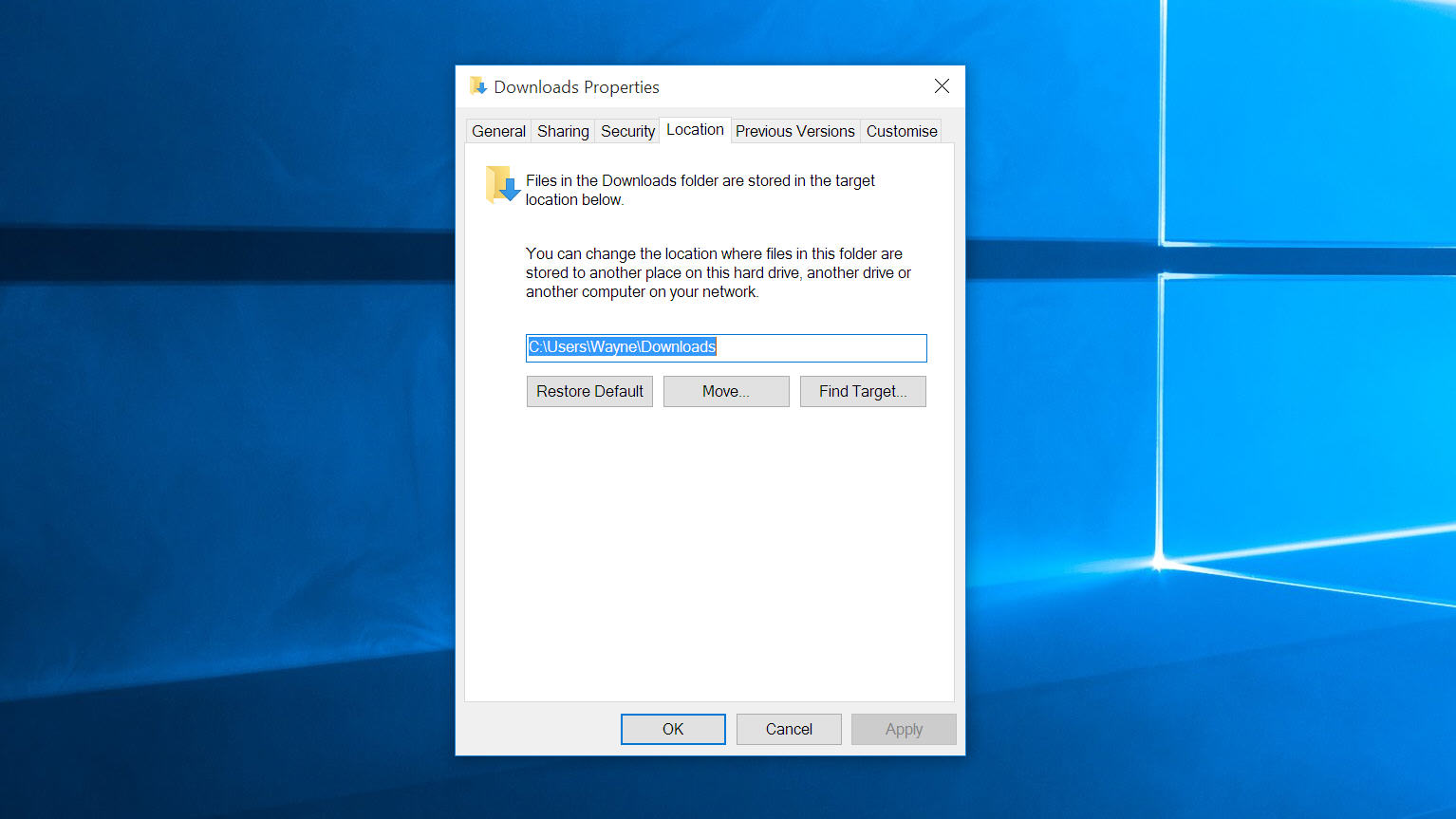
How to change Microsoft Edge's default download folder
Windows 10's new modern browser certainly has potential, but Edge is far from a finished product. It lacks major features, including support for add-ons, and anyone using it is going to find it difficult to change certain browser settings. While you can change the default search engine, the process for doing so is far from intuitive. We explained the steps you need to take here.
But what if you want to change the default download location? Surely this is something that can be done easily in Settings, right? Nope. You can change the download folder, just not in Edge itself.
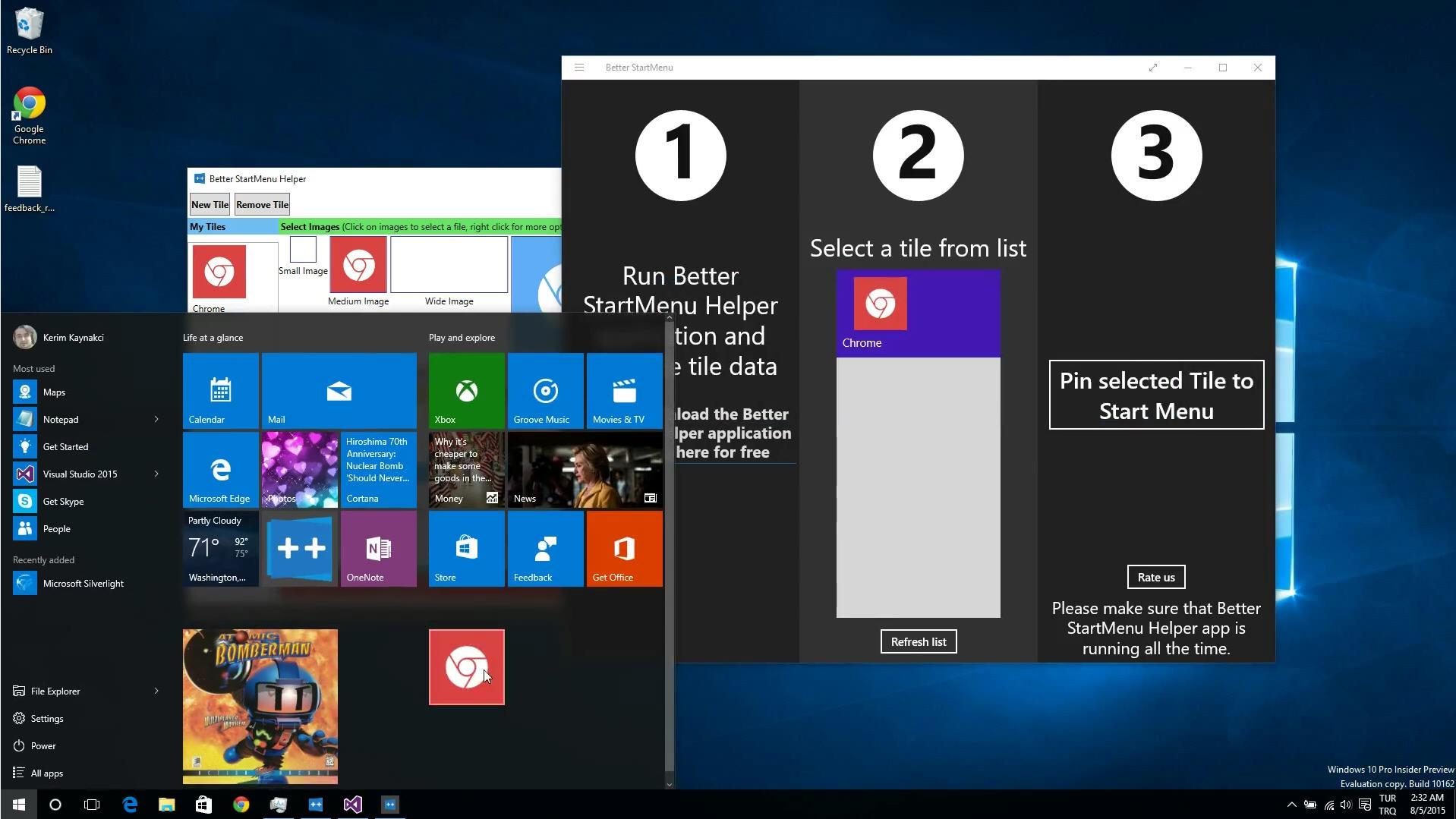
Customize Windows 10's Start menu with these third-party apps
Microsoft’s operating systems have always been easy to customize, and Windows 10 is no exception. We’ve already shown you how to make changes to the Start menu, modify Windows 10's title bar color, automate login and bypass the lock screen, and more. But what if you want to go way beyond the basics? Well there are already third-party tools available that will let you make much bigger design changes to Windows 10 than Microsoft usually allows.
With the right apps you can customize the look of the tiles in the Start menu (not simply resize them and toggle the Live Tile feature on or off) and even redesign the icons of built-in apps and use your own artwork (or someone else's).

Windows 10's forced cumulative update (KB3081424) causing endless reboots, but there is a solution
Forcing updates on all users must have seemed like a good idea in the Windows 10 planning meetings -- no more PCs at risk from unpatched vulnerabilities -- but already the mandatory updates are causing major headaches for many users.
Even before Windows 10 officially launched, there was an update (KB3074681) that caused crashes in File Explorer, and NVidia driver updates that were breaking some people’s computers. Last week’s servicing rollup fixed various bugs and issues, but for some users it actually caused their PCs to go into a reboot loop.
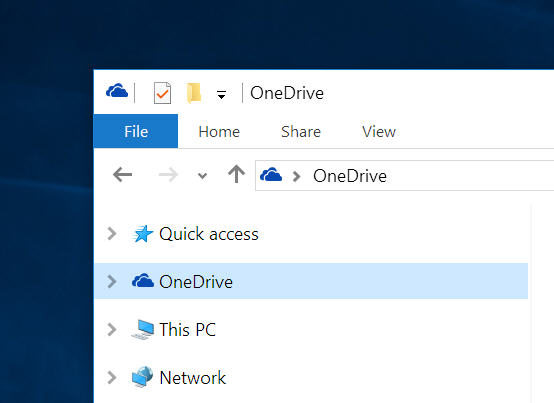
How to remove the OneDrive entry from File Explorer in Windows 10
Microsoft's cloud storage service OneDrive is baked into Windows 10 and forms a key part of the new operating system. However, if you prefer to use a different service, like Google Drive, or Dropbox, you may not appreciate the OneDrive entry being forced on you in File Explorer.
The OneDrive icon sits just below Quick Access (we’ve already looked at how to remove Quick Access from File Explorer here) and removing it is easily done, you just need to make a quick registry tweak.

Microsoft pushes out a big update for Windows 10
There haven’t been many updates for Windows 10 since Microsoft launched its new operating system last week, but today the software giant is rolling out a cumulative update designed to "enhance the functionality of Windows 10 through new features and improvements".
If you’ve been experiencing problems with the new OS, as I have, then this update may go some way to overcoming them.
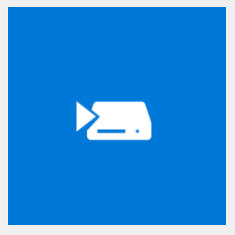
Microsoft releases Windows DVD Player for Windows 10 -- free for some, but not for others
One of the core elements that Microsoft dropped from the latest version of its operating system was Windows Media Center. The software giant softened the blow at the time by stating that it would be releasing a DVD Player as an add-on. Hardly a like-for-like swap, but better than nothing.
True to its word, Microsoft has now made the Windows DVD Player available for all, but while some Windows 10 upgraders will get it for free, others will have to pay $14.99 for the same piece of software. Which camp do you fall into?
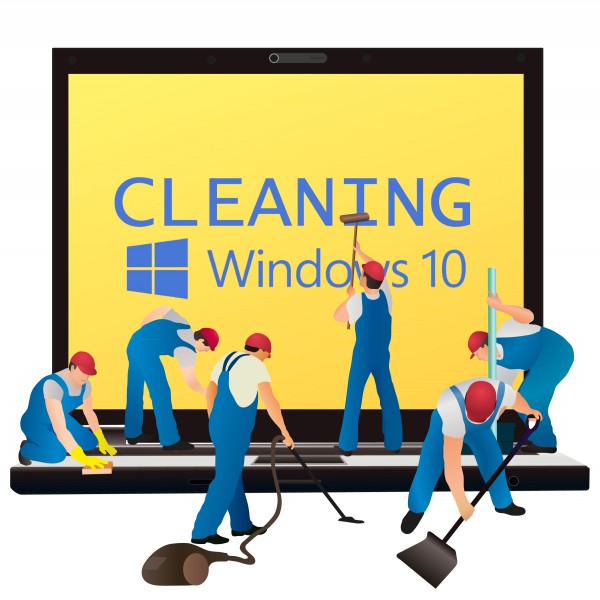
Clean up after a Windows 10 upgrade and regain loads of disk space
Windows 10 itself has moderate hard drive requirements -- around 16 GB for the 32-bit OS, and 20 GB for 64-bit version -- but the upgrade process can leave behind loads of temporary files that can really impact on your free space.
Browse the root of your system drive, and you’ll probably find two sizable directories -- $Windows.~BT, and $Windows.~WS, as well as a Windows.old directory created during the upgrade. Wondering if you can, or should remove these? It’s a question of lot of people are currently wondering.
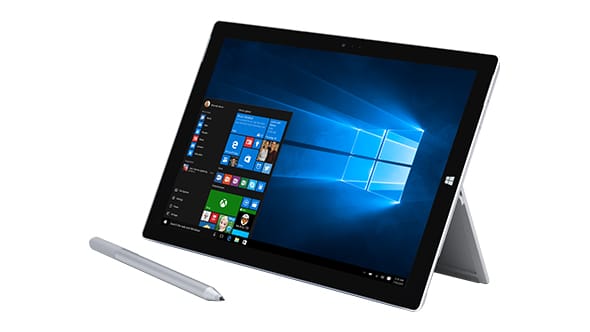
Microsoft Surface 3 and Surface Pro 3 now come with Windows 10 preinstalled
If you’ve been thinking of buying either Surface 3, or Surface Pro 3, but have been waiting for Windows 10 to arrive, now is the time to get your wallet out.
Microsoft has started shipping both of its slates with Windows 10 preinstalled. Surface 3 comes with Windows 10, while Surface Pro 3 has Windows 10 Pro onboard.

Windows 10 will be a great operating system -- when it's finished
It could be said, with Windows now a service, Windows 10 will never truly be finished, but the truth is the version of the new operating system that’s out now is a long way from being polished enough for prime time. It’s like an Insider Preview build that’s been released entirely in error.
In an effort to wash away the stench of Windows 8, Microsoft has chosen to rush release Windows 10, and the result is an operating system that is clearly still very much a work in progress. The new OS isn’t anywhere near as half-baked as Windows 8 was when that launched, but there are still far too many issues to be ignored. Put bluntly, it's a bit of a mess in places.

Free up space in Windows 10 by removing unwanted core apps
Windows 10, like previous versions of Microsoft’s operating system, comes with a selection of bundled programs -- or apps these days -- which you probably have no need for.
Uninstalling apps is a pretty straightforward process, you can do this through the Start menu, but removing core applications isn’t as easy. The uninstall option is not available, meaning you’re stuck with a bunch of apps you don’t want. You can however, remove these using PowerShell.

Windows 10 doubles its usage share in a couple of days
NetMarketShare has released its monthly desktop operating system usage share figures, showing the fluctuations of the various iterations of Windows. All versions of Microsoft’s operating system registered drops in July, except of course Windows 10 which was launched at the tail end of the month.
Only being available for a few days meant the new OS was never going to shift the needle significantly, but there were enough upgraders (Microsoft says 14 million in the first 24 hours) to double the operating system’s share.

The essential collection of Windows 10 guides -- everything you need to get started, fix annoyances, and more
Here on BetaNews we’ve posted a wealth of how-to guides designed to help you master Windows 10. While the new OS isn’t difficult to get to grips with, certain elements are far from intuitive.
With all the news that’s been happening, you may have missed some of these guides -- especially ones from before Windows 10 launched -- so we've put together this one-stop shop for all the helpful information posted so far. Below you'll find out how to download Windows 10, get the ISO, create installation media, install Windows 10 on Mac or in a virtual environment, change the default browser or the default search engine, block automatic updates, and much, much more. As new guides are added, so this article will be expanded to include the latest content.

